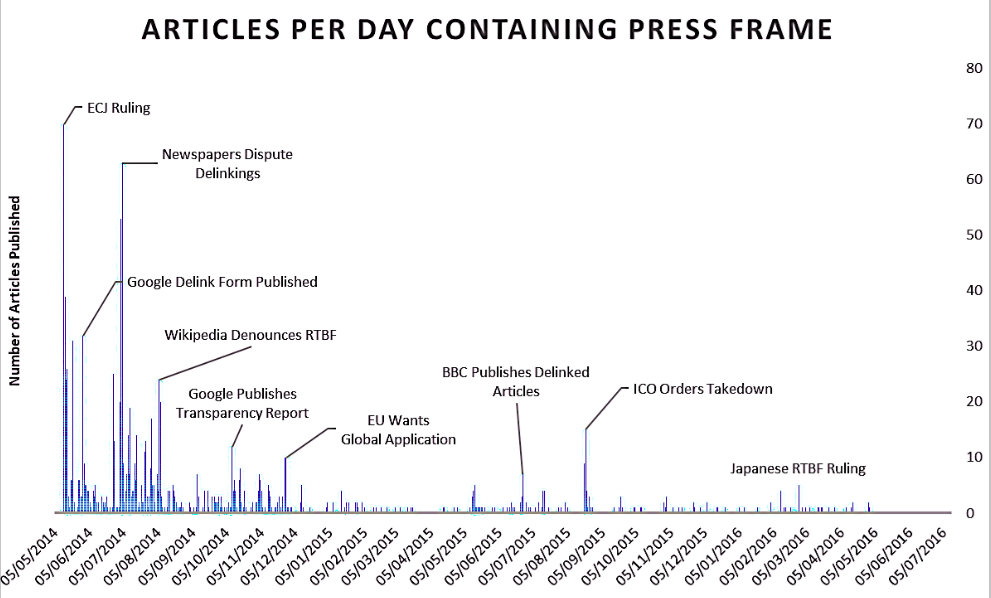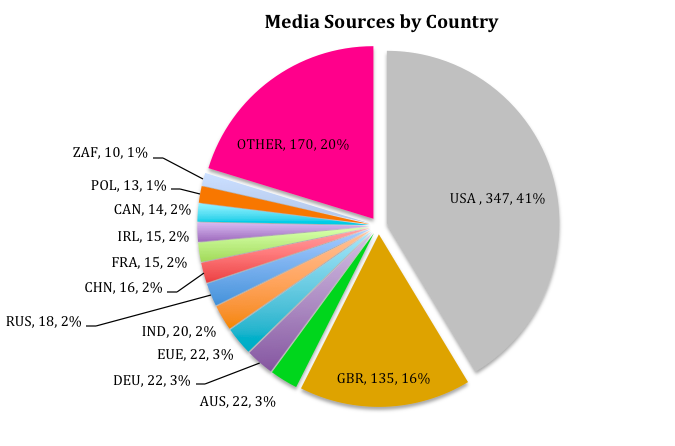Sitemap
A list of all the posts and pages found on the site. For you robots out there is an XML version available for digesting as well.
Pages
Posts
Future Blog Post
Published:
This post will show up by default. To disable scheduling of future posts, edit config.yml and set future: false.
Blog Post number 4
Published:
This is a sample blog post. Lorem ipsum I can’t remember the rest of lorem ipsum and don’t have an internet connection right now. Testing testing testing this blog post. Blog posts are cool.
Blog Post number 3
Published:
This is a sample blog post. Lorem ipsum I can’t remember the rest of lorem ipsum and don’t have an internet connection right now. Testing testing testing this blog post. Blog posts are cool.
Blog Post number 2
Published:
This is a sample blog post. Lorem ipsum I can’t remember the rest of lorem ipsum and don’t have an internet connection right now. Testing testing testing this blog post. Blog posts are cool.
Blog Post number 1
Published:
This is a sample blog post. WHyyyyyy. Lorem ipsum I can’t remember the rest of lorem ipsum and don’t have an internet connection right now. Testing testing testing this blog post. Blog posts are cool.
portfolio
Portfolio item number 1
Short description of portfolio item number 1
Portfolio item number 2
Short description of portfolio item number 2 
publications
Study on Personal Data Stores
Published in European Commission, DG Connect, 2015
DG Connect commissioned this research and ensuing report to evaluate whether the concept of personal data stores is a viable mechanism to increase consumer trust and engagement in the Digital Single Market and to ensure wider access to good quality personal data.
Recommended citation: Brochot, Brunini, Eisma, Larsen, and Lewis. (2015). "Study of Personal Data Stores." European Commission, DG Connect. https://ec.europa.eu/digital-single-market/en/news/study-personal-data-stores-conducted-cambridge-university-judge-business-school
The Digital Information Verification Field
Published in The Whistle, 2015
This report is the result of The Whistle team’s review of the current digital information verification field. We examined the actors, their aims, and their processes in order to identify best practices, find potential partners in the field, and determine if there were any gaps The Whistle could fill.
Recommended citation: Larsen, Rebekah. (2015). "The Digital Information Verification Field." The Whistle. 1(2). http://ral73.github.io/files/the-whistle-field-report.pdf
Mapping Right to be Forgotten frames: Reflexivity and empirical payoffs at the intersection of network discourse and mixed network methods
Published in New Media and Society, 2020
Using mixed methods—hyperlink network mapping, textual analysis (qualitative and quantitative), and semi-structured interviews—I examine online framing of a controversial data protection concept, the Right to be Forgotten. Initial, more “traditional” research approaches allowed for insight only into the most central and visible frames and sources. In an attempt to diversify sources and framings, I began focusing on the margins and off the “networked public sphere.” This article thus also recounts the significant empirical findings that resulted from such reflexivity and reorientation.
Recommended citation: Larsen, Rebekah. (2020). "Mapping Right to be Forgotten frames: Reflexivity and empirical payoffs at the intersection of network discourse and mixed network methods" New Media and Society. 22(7). https://journals.sagepub.com/doi/full/10.1177/1461444820912534
‘Information Pressures’ and the Facebook Files: Navigating Questions around Leaked Platform Data
Published in Digital Journalism, 2022
Recently leaked Facebook data included material from the platform’s internal social science research units. Given its character—and the likelihood of future whistleblowing—this case presents an opportunity for reflection on current and future academic engagement with leaked data. This contribution is grounded in the experiences of some members of a small, international team of journalism scholars, after being offered access to the leaked data by a media organization. It also describes other academic-involved initiatives—their similarities, differences, and efforts—working toward expanded access to and/or usage of this data.
Recommended citation: Rebekah Larsen (2022) ‘Information Pressures’ and the Facebook Files: Navigating Questions around Leaked Platform Data, Digital Journalism, DOI: 10.1080/21670811.2022.2087099. https://www.tandfonline.com/doi/abs/10.1080/21670811.2022.2087099
Technologies and fact-checking: a sociotechnical mapping and assessment
Published in Chapter in Disinformation Studies: Perspectives in an emerging research field, 2022
This chapter assesses and analyzes the sociotechnical infrastructures available to and potentially used in fact-checking, in the form of digital technologies associated with fact-checking. The chapter presents findings from an international and systematic assessment of digital technologies associated with fact-checking. For this assessment, we collected data from primary and secondary sources between fall 2020 and spring 2022. This assessment is guided by a sociotechnical framework that enables analysis of the interrelationships between humans and technology.
Recommended citation: Westlund, Oscar, Larsen, R., L. Graves, L. Kavtaradze. (2022) “Technologies and fact-checking: a sociotechnical mapping and assessment”. Chapter in Disinformation Studies: Perspectives in an emerging research field. LabCom Books. https://labcomca.ubi.pt/en/disinformation-studies-perspectives-from-an-emerging-field/
Knowledge Work in Platform Fact-Checking Partnerships
Published in International Journal of Communication, 2023
This article explores how platforms, news publishers, and fact-checkers describe the trade-offs they make in partnerships to counter misinformation. Using 54 interviews with these actors active in the global fact-checking field, it shows that resources and news values constitute key aspects of these partnerships. They contribute to knowledge shaping of what it means to fight misinformation (e.g., focusing on debunking, resource-allocation inequalities), and what types of misinformation matter for the public. This study highlights two kinds of problems in the growing anti-misinformation field, namely, coordination (technical, as to how to integrate different efforts by multiple actors) and cooperation (different organizations have different goals).
Recommended citation: V Bélair-Gagnon, R Larsen, L Graves, O Westlund. (2023) "Knowledge Work in Platform Fact-Checking Partnerships". International Journal of Communication. https://ijoc.org/index.php/ijoc/article/view/19851
From Public Reason to Public Health: Professional Implications of the “Debunking Turn” in the Global Fact-Checking Field
Published in Digital Journalism, 2023
This article examines the dramatic shift in the global field of fact-checking organizations since 2016, from checking claims by politicians and other public figures to policing viral misinformation on social networks. What practitioners call “debunking,” once a minor focus, now dominates the agenda of leading outlets and accounts for the bulk of fact-checks produced worldwide, driven in part by commercial partnerships between fact-checkers and platform companies. This study investigates what this sudden realignment means for fact-checkers themselves, drawing on interviews and meta-journalistic discourse to examine the impact on how these organizations assign value and draw boundaries in their growing transnational field. We highlight different discursive strategies fact-checkers use to explain the debunking turn, depending on their own field position, and show how shifting boundaries reflect wider concerns about autonomy from platform partners. We suggest that debunking discourse illustrates an incipient shift away from the “public reason” model implicit in journalism’s professional logic, to a more instrumental, “public health” model of newswork adapted to a digital media environment dominated by platform companies.
Recommended citation: L Graves, V Bélair-Gagnon, R Larsen. (2023) "From Public Reason to Public Health: Professional Implications of the “Debunking Turn” in the Global Fact-Checking Field". Digital Journalism. https://www.tandfonline.com/doi/full/10.1080/21670811.2023.2218454
talks
Researching Think Tanks with Digital Methods and Data Sprints (with Tchilingirian, J. and Oman, S.)
Published:
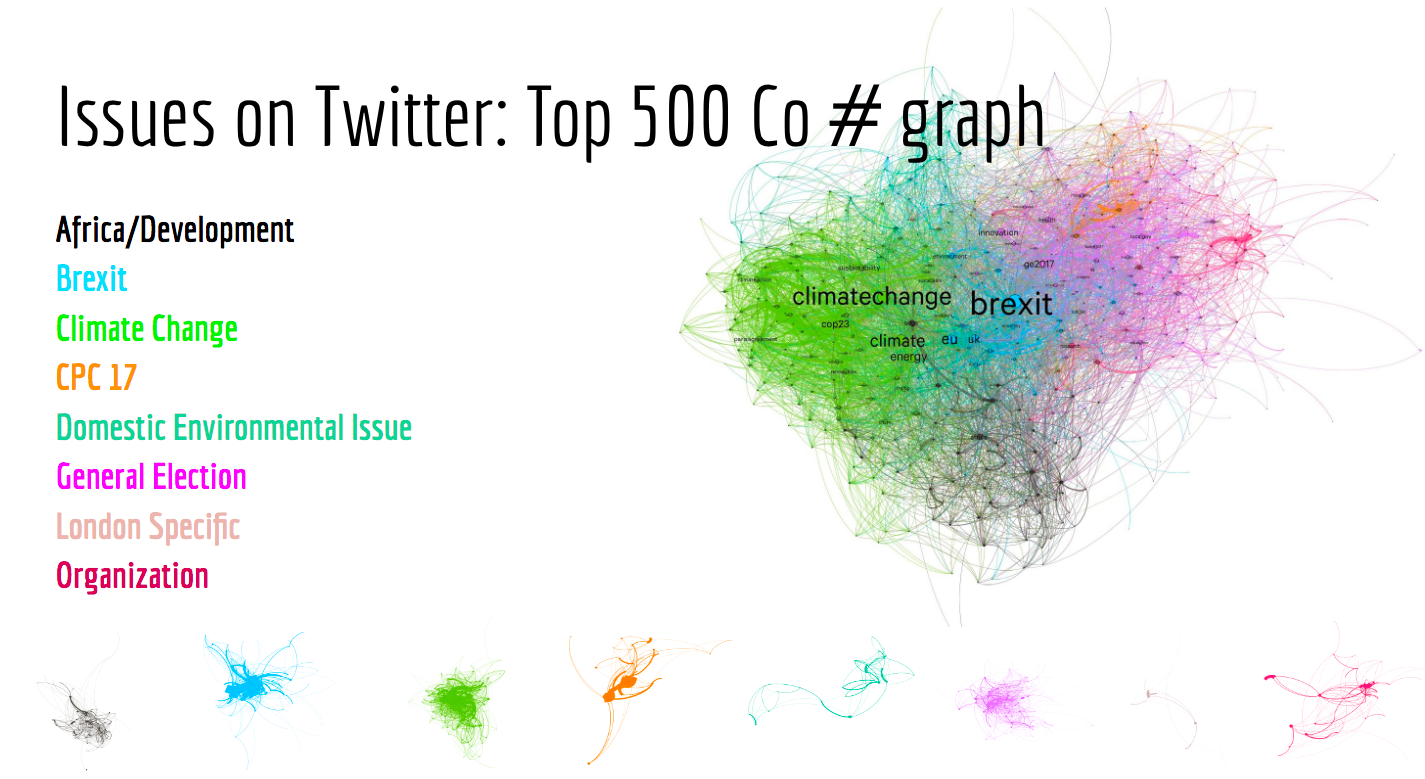
Media Manipulation, Visibility, and Rights: Public Discussion Around the Right to Be Forgotten
Published:
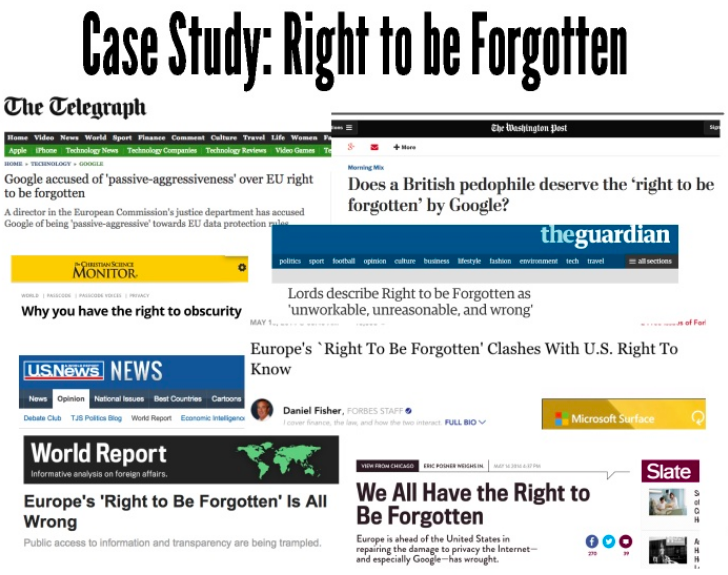
Networked Discussions about the Network: Public Discussion around the Right to be Forgotten
Published:
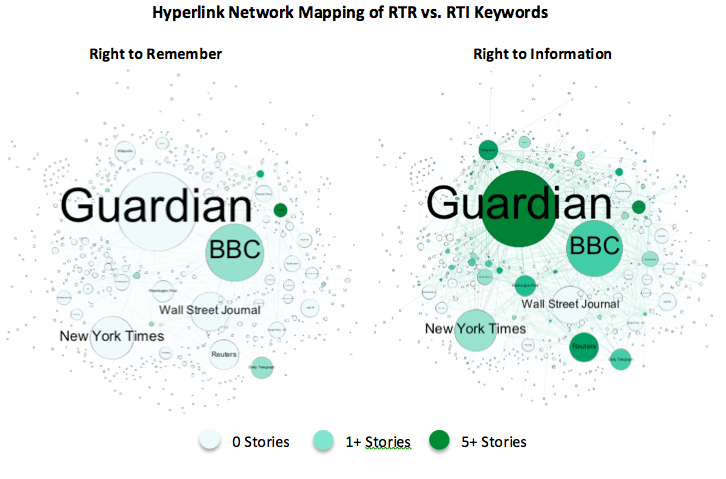
Data into Theory: Visibility in Media and Culture Research
Published:
See a recording of this presentation and discussion here.
Approaching a Pressured Press in Context: Differing Journalistic Responses to Media Controversy
Published:
Presentation of findngs from PhD research on the Right to be Forgotten, comparing responses within two major UK news brands to Google takedown notifications.
Connecting the global fact-checking field and technological development: A technographic case study of the InVID/WeVerify plugin
Published:
Presentation of findngs from SCAM project research around the INVID plugin, tracing technological and social development over time of a key fact checking technology.
teaching
Supervising and Lecturing, University of Cambridge, 2017 - 2019
Undergraduate courses, University of Cambridge, Department of Sociology, 2019
Click on link above for more information and sample lecture slides.
Course convenor, MIT, Spring 2023
Undergraduate courses, MIT, Comparative Media Studies, 2023
Click on link above for more information and sample lecture slides.
Kaufman Teaching Certificate Program, 2023
Undergraduate courses, MIT, Comparative Media Studies, 2023
Click on link above for more information.

